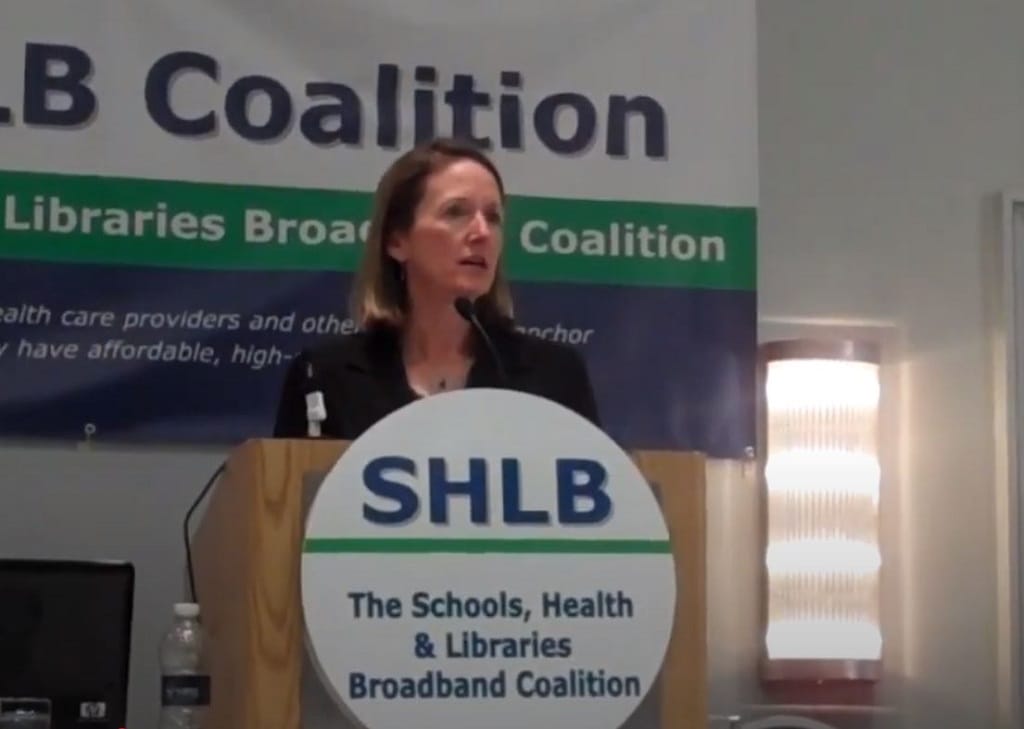Advocates Call for Universal Service Fund to Include Broadband Revenues
Letter cites Carol Mattey report, which recommends broadening the base.
Ahmad Hathout

WASHINGTON, November 29, 2021 – A broad swath of organizations on Monday is calling for policymakers in Washington to reform and stabilize the Universal Service Fund by broadening its funding base to include broadband revenues.
The Universal Service Fund, which supplies the nation’s low-income and rural and remote communities with basic telecommunications services, currently relies on voice service revenues, which has been a dwindling for years. Debate has emerged about how the fund can be stabilized, with some asking for the money to come from a congressional budget item and others asking for it to come from broadband revenues.
The latter is being recommended by over 254 organizations, including public interest groups, anchor institutions, trade associations and broadband service providers, in a Monday call to action letter to policymakers in Washington. The letter cites a September report by Carol Mattey, a former deputy chief of the Federal Communications Commission, which said broadband revenues should be incorporated into the USF base of money to draw upon.
“Unfortunately, this universal service system is in danger of collapse because the mechanism that funds it has not been updated since it was adopted nearly 25 years ago,” the letter said. The USF program is a relic from 1997 and a product of the Telecommunications Act of 1996.
The letter features organizations including Public Knowledge, the Schools, Health and Libraries Broadband Coalition, Gigabit Libraries Network, California Emerging Technology Fund, and a number of telecoms and telecom associations and anchor institutions from over a dozen states.
The contribution percent – the percent providers must pay of their voice revenues – has reached an all-time high in the second quarter this year, at 33.4 percent in the second quarter this year, and decreased slightly after that. Mattey and the signatories, however, warn that the contribution could soar as high as 40 percent in the coming years, as the fund operates at around $10 billion annually.
Citing the Mattey report, the letter suggests that including broadband revenues into the fund would reduce the USF fee to less than 4 percent, adding it would not stunt broadband adoption or retention, as fees are often passed down to customers.
“Our recommendation would reduce regulatory uncertainty, would better reflect evolving uses of services, would be straightforward to administer, and would be more equitable and nondiscriminatory for residential and business consumers than the current system,” the letter said.
“Moreover, the Federal Communications Commission could make this change under its existing authority without requiring new legislation,” the letter added, as Mattey and Greg Guice, Public Knowledge director of government affairs, said at a conference recently.
FCC Commissioner Brendan Carr suggested earlier this year that Big Tech companies like Google, Apple, and Facebook should contribute to the fund because they benefit from broadband services. FCC Chairwoman Jessica Rosenworcel called the idea “intriguing,” while FCC Commissioner Nathan Simington also raised the idea at an event in September.











Member discussion